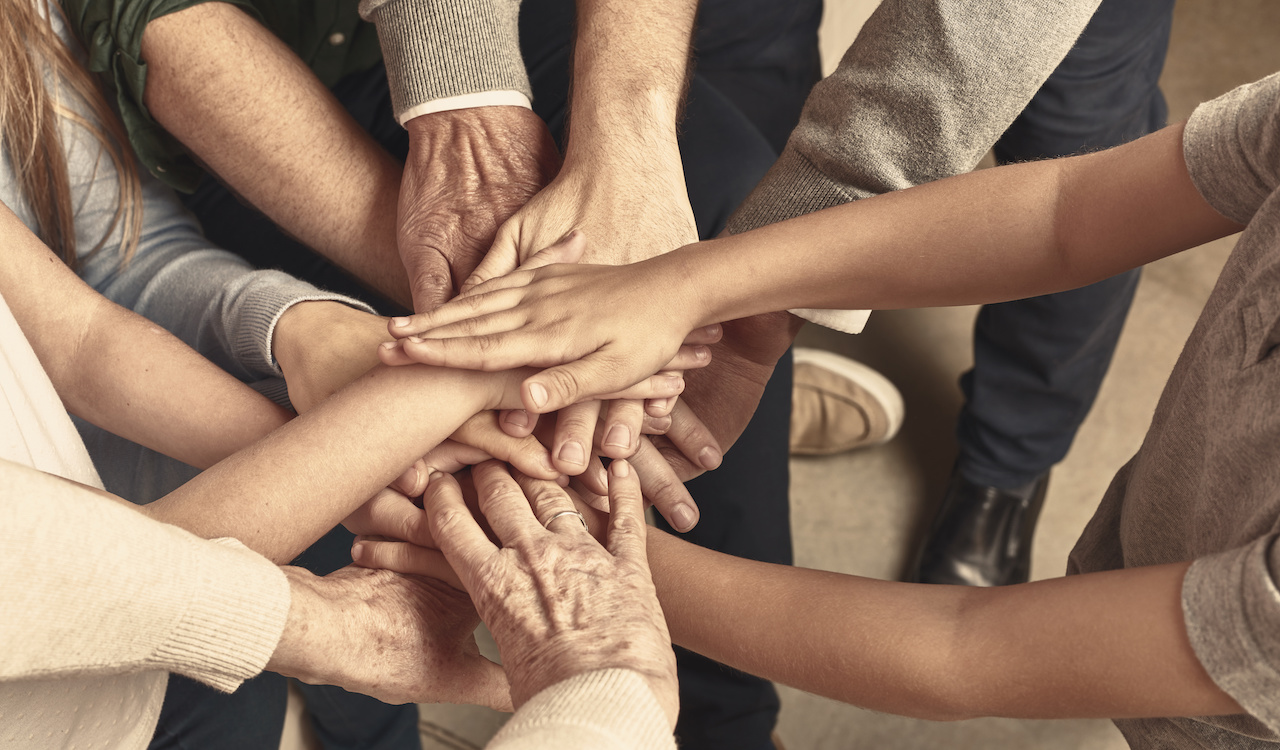Education
Second-cycle StudiesThe second-cycle (Master’s) program in Education is a continuation of studies begun at the bachelor’s level.
The program does not prepare students for the teaching profession but develops the competencies needed for professional work in institutions focused on support, education, care, prevention, and resocialization. The curriculum emphasizes an advanced understanding of educational, caregiving, and social change processes, as well as a deep reflection on pedagogical activities in the context of contemporary societal challenges. Students develop critical thinking, analytical skills, the ability to design educational activities, and to conduct research within their chosen specialization.

Care and Educational Pedagogy with Social Gerontology
1.This specialization focuses on analyzing the complex processes of care and education, as well as the issues of aging from social and cultural perspectives. The program enables students to acquire in-depth knowledge about care and educational work, social policy, methods of diagnosing the needs of individuals and groups, and strategies for support in an aging society. Graduates will be prepared to engage in activities such as managing support and care institutions, designing social services, conducting training, and providing consulting in the areas of care and social integration.
Resocialization Pedagogy with Addiction Prevention
2.This specialization is focused on the analysis and application of advanced resocialization and prevention strategies. Students acquire in-depth knowledge of the mechanisms of social exclusion, social pathology, addiction therapy, and modern approaches to social reintegration. Graduates will be prepared to serve as coordinators of resocialization and prevention programs, crisis intervention specialists, as well as to engage in project work, training, and research in this field.


